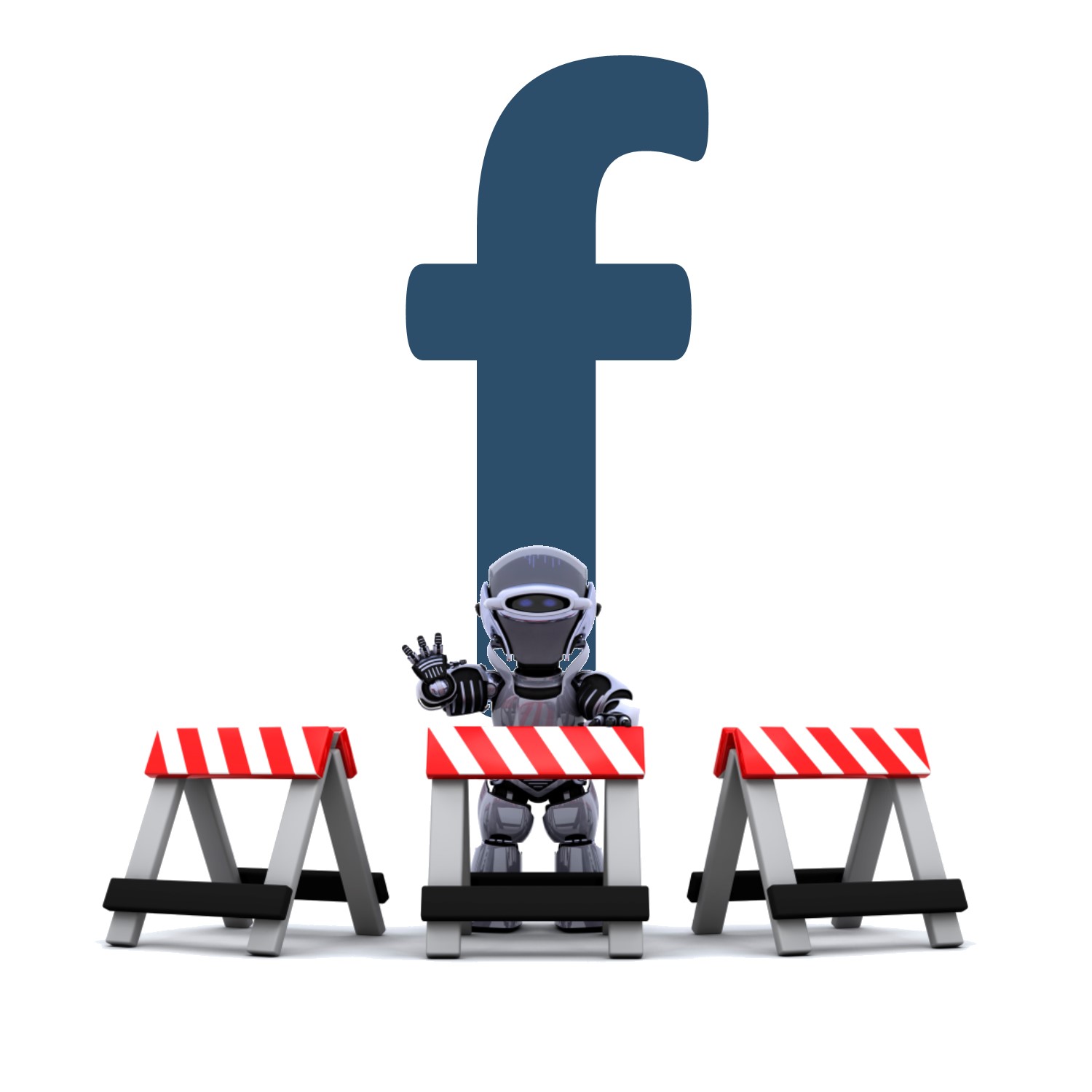I read such an interesting article by The Economist the other day. It was called; “What would happen if Facebook was turned off? Imagine a world without the social network”
30% of the world’s population (2.3billion people) engage with Facebook every month. Economists estimate that it yields trillions of dollars’ worth of value for its users. Facebook is also blamed for all sorts of social horrors: from addiction and bullying to the erosion of fact-based political discourse. This article outlined some new research that suggests that it may be time to consider what life without Facebook would be like.
Hunt Allcott, of New York University, and Luca Braghieri, Sarah Eichmeyer and Matthew Gentzkow, of Stanford University, published results of an experiment where they recruited several thousand Facebook users and sorted them into control and treatment groups. Members of the treatment group were asked to deactivate their Facebook profiles for four weeks in late 2018. The researchers studied what happened.
On average, those that disengaged enjoyed an additional hour of free time. They tended not to use those additional 60 minutes to flock to other websites or social networks. Instead they spent time with friends and family or watched television. They also consumed less news, and as a result became less aware of events. In turn they also became less polarised in their views about events than those still on the network. Leaving the social network boosted self-reported happiness and reduced feelings of depression and anxiety.

